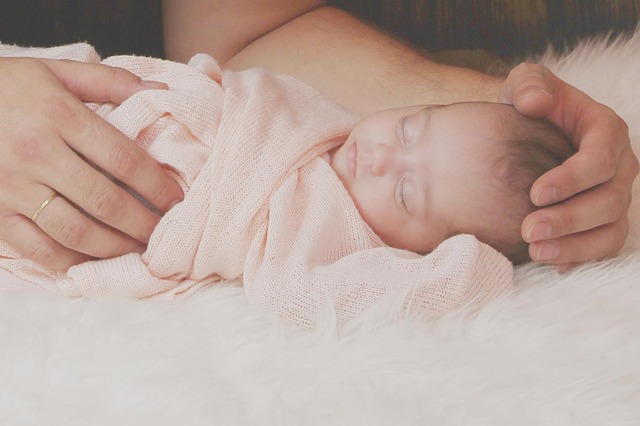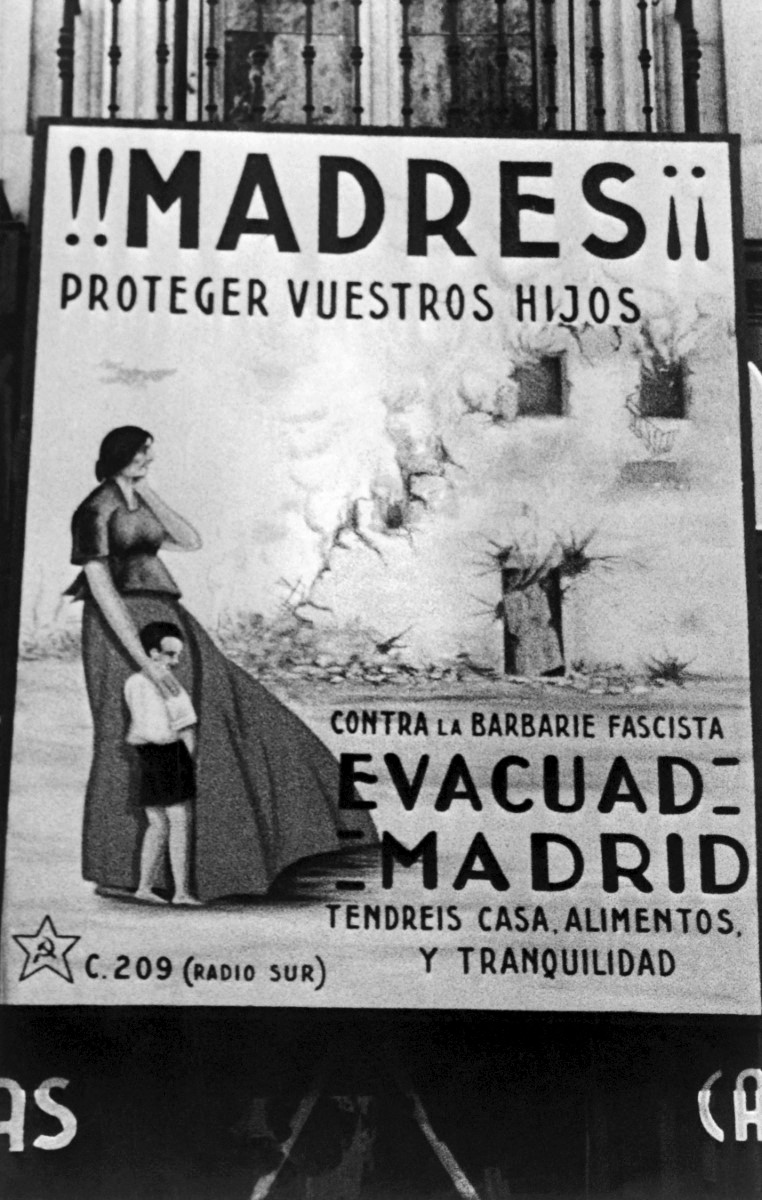Registering your child’s birth is mandatory in Spain and can be done two different ways – either at the hospital or at the Civil Registry.
Births can be registered at most hospitals in Spain and must be done so within a period of 72 hours. If this time has elapsed and you still haven’t registered, you have a further 10 days to do it in person at the Civil Registry.
At the hospital
If you chose to do register your child at the hospital, both parents must complete and sign a standard form, which will be sent off electronically to the Civil Registering, along with a signed medical report, the IDs of the parents, and any other documentation that may be required.
Once completed and processed, you will receive your baby’s birth certificate from the Civil Registry. You can also download a digital birth certificate from the digital headquarters of the Ministry of Justice found here.
Civil Registry
There may be several reasons you need to go to the Civil Registry in person to register your baby instead of at the hospital. One may be that your baby was born in a different municipality to the one you reside in.
Some foreigners may also be required to go to the Civil Registry in order to provide extra documentation, for example, if both parents are of a different nationality to each other and neither of them is Spanish. The hospital should be able to inform you if you need to go in person or not.
When the birth has not been notified by the maternity unit, you can do it at the Civil Registry within 10 days. However, this can be extended to 30 days when there is a specific reason. For example, some readers have told us that they couldn’t get an appointment in time to register their child within 10 days and the authorities told them they were able to extend it to 30 days.
In-person registration can be made at the Civil Registry of the place of birth. In order to register your child, you will need the following documents:
- Your DNI, NIE, green residency card and passport with your current address
- A marriage certificate or other document which proves marriage, if you are married. (If parents are not married, they must both go in person to the civil registry).
- The maternity medical report from the hospital
- The birth declaration form completed by the parents. This can be obtained from the hospital or the Civil Registry itself.
Where else do I need to register my baby?
In many places in Spain, the Civil Registry will automatically inform the Town Hall of the baby’s birth and it will automatically be added to the padrón, however if it’s not then you will also need to go in person and register your baby as living in the same property as you.
The next step is to go to a service office of the National Institute of Social Security (INSS) to register the new member of the family, so that you can register your baby as a beneficiary of social security. Registration can be done online through your social security portal or in person.
READ ALSO – Empadronamiento in Spain: What is it and how do I apply?
Registering your baby with your home country
If you are a foreign resident in Spain, then typically your baby will acquire the same nationality as you or your spouse or partner, they will not automatically be granted Spanish nationality. If both of you are foreigners, you may need to register the birth of your child at the embassy or consulate of your country too.
READ ALSO: How children born in Spain to foreign parents can obtain Spanish nationality
For example, British citizenship is normally automatically passed down one generation to children born outside the UK.
On their website, the British government states “You do not need to register with the UK authorities but it means the birth will be recorded with the General Register Offices or at the National Records Office of Scotland. You can also order a consular birth registration certificate”.
This will need to be done at your country’s embassy or consulate. You will need to take all the documents with you that you took to the Civil Registry, as well as your child’s birth certificate. The birth certificate also needs to be translated and certified if it’s not in the language of the country you want to register your baby in.
Applying for a passport for your new baby
If you are married to a Spaniard, then your baby can acquire Spanish nationality and will be eligible to apply for a Spanish passport. This can be done through a national police station.
You will need:
- Your baby’s DNI if they have one
- The birth certificate issued no more than six months prior to the appointment
- Your child’s certificate of empadronamiento, issued no more than three months prior to the appointment
- A recent photograph
- A fee of €30
According to the British government, you can still apply for a UK passport for your child even if you do not register the birth in the UK.
While the US embassy in Spain states “Parents of children who may have a claim to US citizenship can apply for the child’s Consular Report of Birth Abroad (CRBA) and US passport, at the U.S. Embassy, U.S. Consulate General in Barcelona, or any of the five U.S. Consular Agencies in Spain”.
They strongly recommend that you report the birth of your child to the Department of State as soon as possible after the child’s birth.
Other nationalities will need to contact their embassy or consulate to find out more about applying for a passport.




 Please whitelist us to continue reading.
Please whitelist us to continue reading.
Member comments